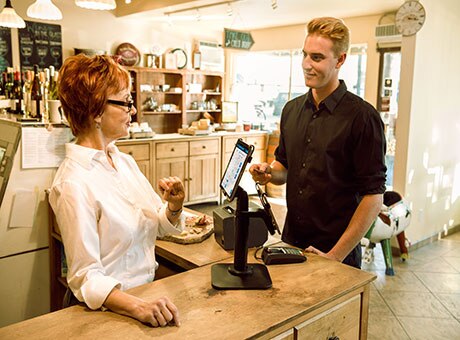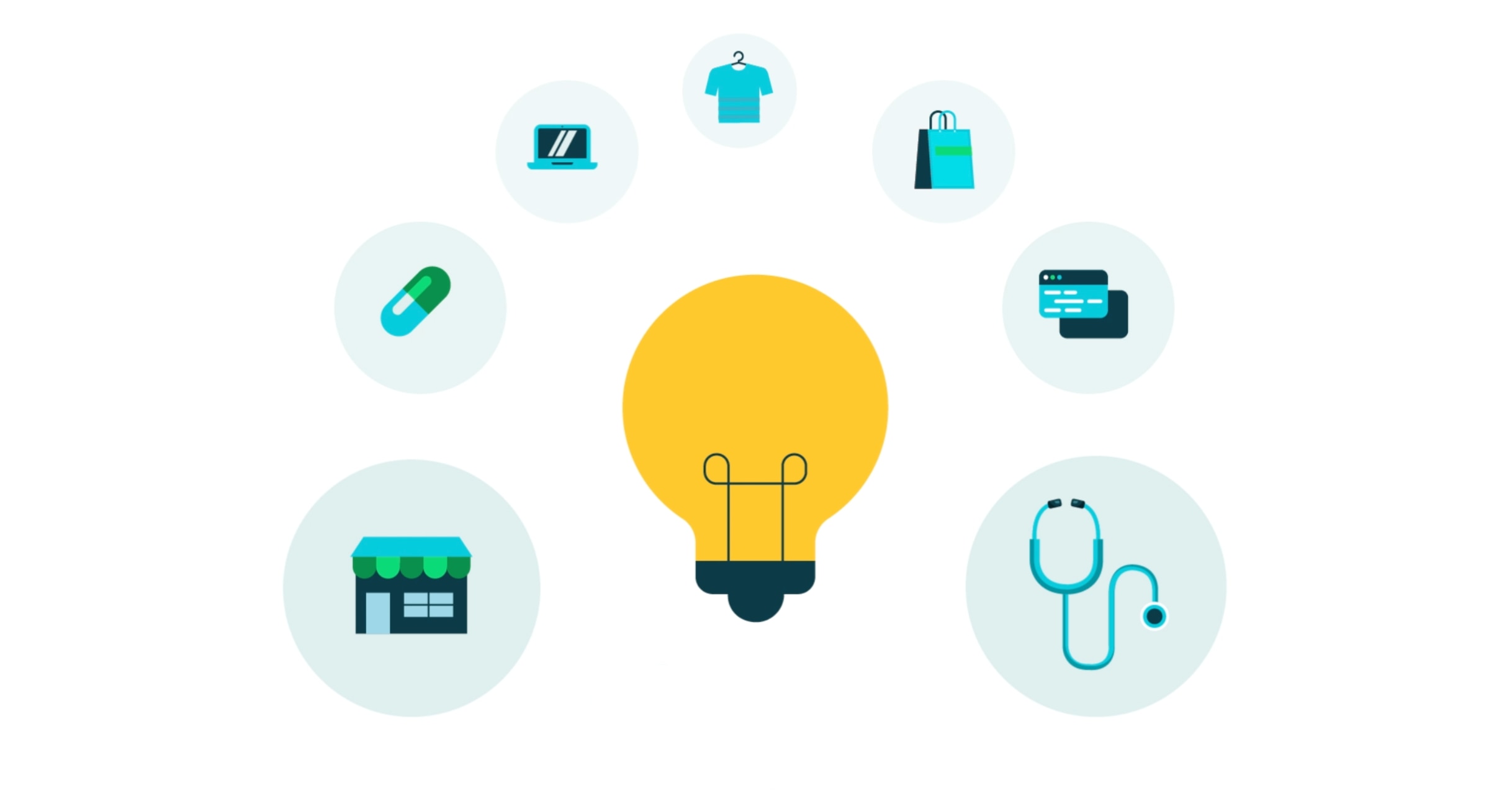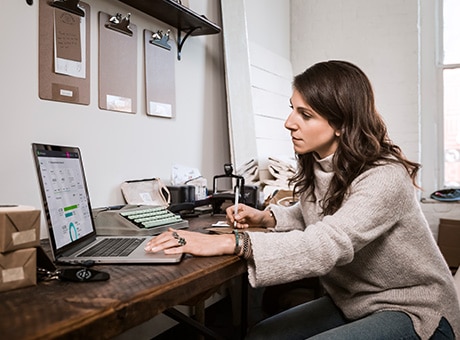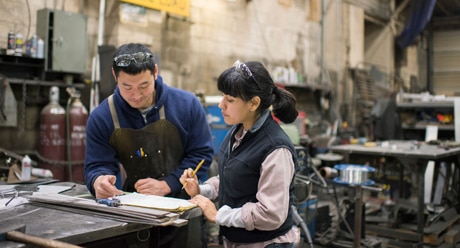Blockchain technology has become a popular topic these days, and for good reason. While the most popular blockchain, as of 2018, is Bitcoin, blockchain technology has a great deal of potential to benefit many industries—including retail—in ways beyond just making and receiving cryptocurrency payments.

Can Your Retail Business Benefit From Implementing Blockchain Technology?
What Is Blockchain Technology?
A blockchain is a digital record of events that’s shared among millions of computers. It’s a decentralized database where information can be stored and tracked without being altered. For example, Bitcoin’s financial transactions take place on a blockchain where they are verified by individual users rather than centralized banks. Besides allowing people to verify the sending and receiving of virtual currency, blockchain technology opens up many use cases for retail businesses interested in security, smart contracts, recordkeeping, and fraud prevention.
Smart Contracts for Retailers
As a retailer, you can use blockchain technology to create smart contracts. For example, let’s say your Canadian business is interested in buying $10,000 worth of T-shirts from a clothing manufacturer in China. You want to re-brand and sell the shirts, but there’s an obstacle blocking your way—You don’t have the money to pay for all of them up front. Blockchain tech can provide a potential answer. For instance, you might set up a smart contract on the Ethereum network that allows you to pay $5,000 up front. What about the other $5,000? One option might be to have the second $5,000 deducted automatically a month later or on any time frame you agree on.
This arrangement, made possible by blockchain technology, ensures that the clothing manufacturer knows it’ll receive the full payment. Your business can purchase the items you need, generate profit, and make the second payment once you have the money in hand. If you’re depending on a standard contract and you don’t fulfill the second payment, the clothing company must get a lawyer involved, which can be difficult from the other side of the world. The smart contracts protects both parties and keeps things nice and easy for everyone involved.
Supply Chain Tracking
Another powerful use for blockchain technology in a retail setting is to track every step of a product’s manufacturing process. For example, if you sell high-end purses, you want to be sure that they’re authentic, right? Blockchain companies such as VeChain provide chips that can be incorporated into the manufacturing of the product itself. When you scan the chip, you can see that it’s been scanned by the company at every step of the manufacturing process, confirming that it’s an authentic purse and not a knockoff.
As you can see, this allows your retail business to guarantee authenticity, and it gives customers peace of mind knowing they can see exactly where the purse came from. This same principle can be applied to many types of products where authenticity and sourcing are concerns, including wine, luxury cars, and even sushi.
Cryptocurrency Payments
Of course, the most obvious reason to incorporate blockchain technology is so your retail business can accept a wider range of payments. It’s no secret that cryptocurrencies are gaining popularity, and accepting Bitcoin, Ethereum, Litecoin, and other popular digital currencies can open your business up to a much larger global market.
Cryptocurrencies are especially useful if you want to sell or buy products overseas without paying steep fees or waiting for long processing times. These days, accepting cryptocurrencies and converting them back to fiat money is surprisingly easy, and it can be a great way to get the large-and-growing cryptocurrency community interested in your business.
Cryptocurrencies are also used as speculative investments, so accepting them can be a great way to get your foot in the door and potentially grow your nest egg over time. Spend some time doing your homework, and you may find that blockchain technology is the next logical step for your retail business.


